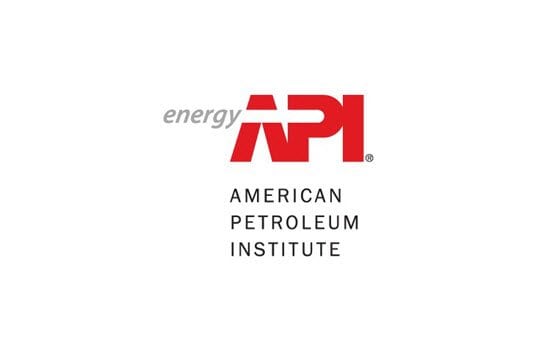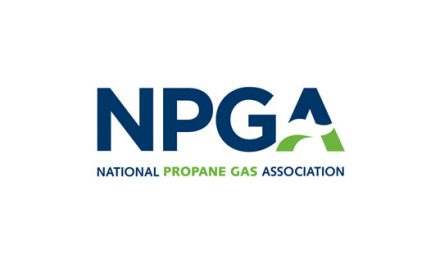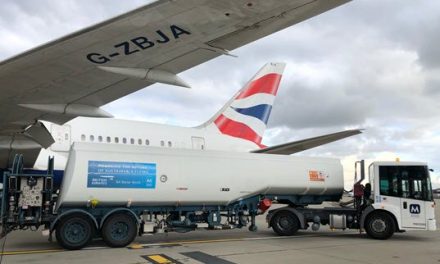Forcing higher ethanol fuel blends into the marketplace could put consumers on the hook for unnecessary repair bills, API Downstream Group Director Frank Macchiarola said following EPA’s release of the 2018 RFS mandates on November 30.
“The Renewable Fuel Standard is broken and needs comprehensive reform,” said Macchiarola. “Since the RFS was instituted more than a decade ago the U.S. has greatly reduced its dependence on crude oil imports. So this program is trying to solve a problem that no longer exists while creating real problems for consumers. Administrator Pruitt, therefore, faces the daunting task of implementing a broken program that was based on incorrect assumptions made over a decade ago.
“Finding a meaningful and long-term solution that holistically addresses the potential harm the RFS could bring to the nation’s consumers should be a top priority for policymakers. We’ve seen bipartisan support in Congress to protect American consumers and fix the RFS and we urge Congress to act.”
Today, most gasoline contains 10 percent ethanol, which all automobile engines are built to accommodate. However, if the RFS requirements continue to be implemented, it could force higher levels of ethanol such as E15 (15% ethanol) into the fuel mix. Three out of four vehicles in the U.S. fleet were not built for E15 and this fuel is not compatible with motorcycles, boats, lawn equipment, and ATVs. And many automakers say that using E15 could potentially void new car warranties. There are also several auto companies whose Model Year 2018 cars and trucks are not compatible with E15 including BMW, Mazda, Mercedes, Mitsubishi, Subaru and Volvo.
API asked EPA to set the final ethanol mandate to no more than 9.7 percent of gasoline demand to help avoid the 10 percent ethanol blend wall while meeting strong consumer demand for ethanol-free gasoline.
API is the only national trade association representing all facets of the oil and natural gas industry.









